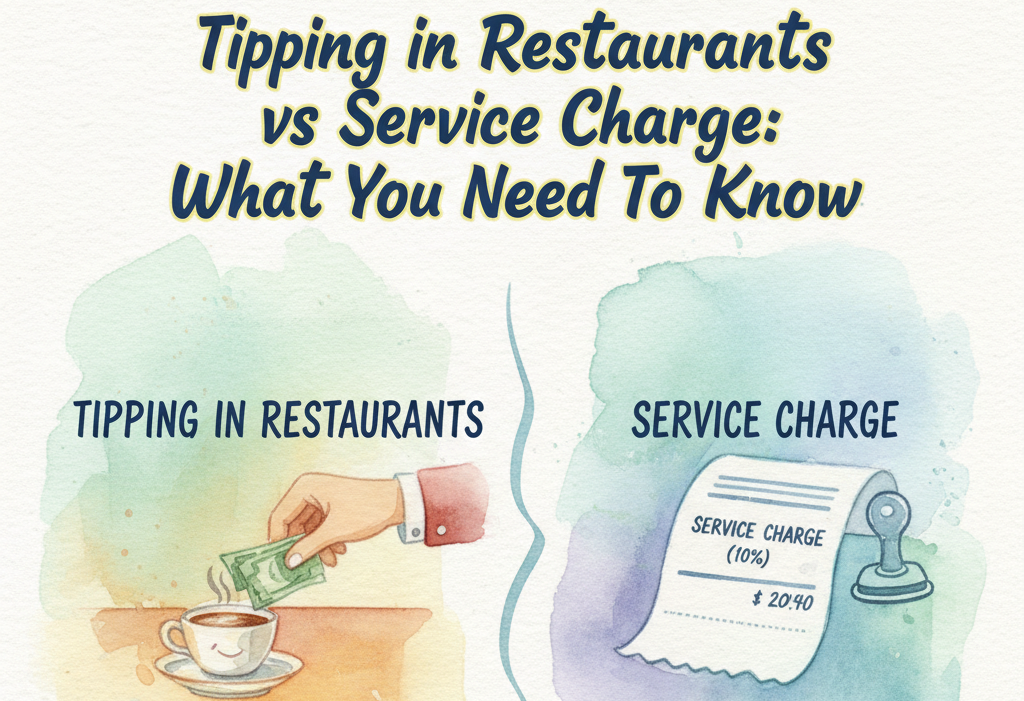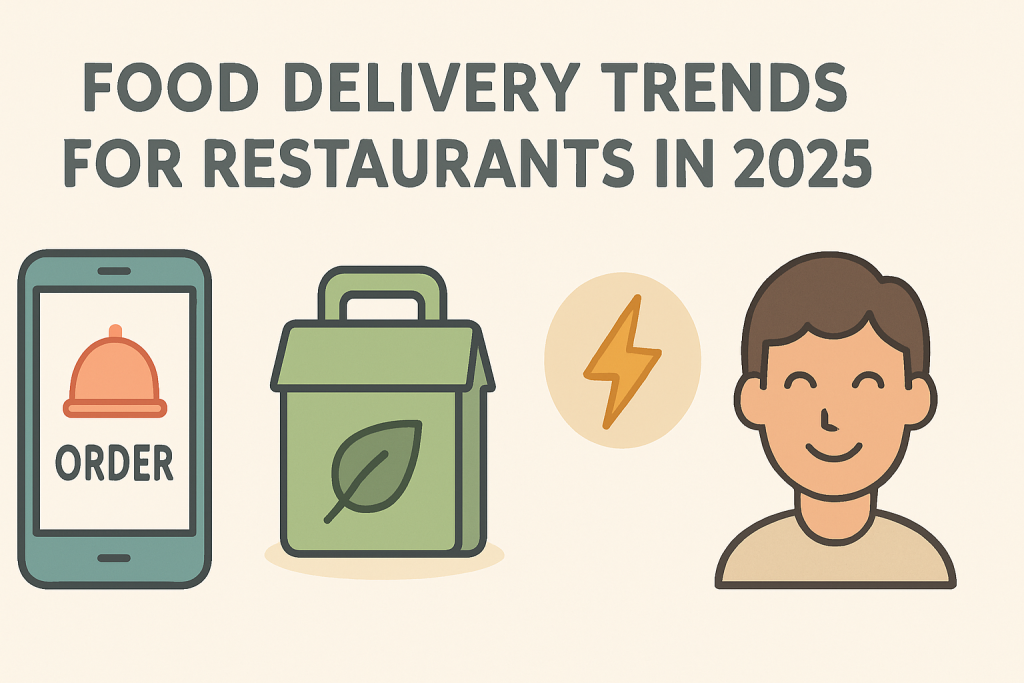In today’s interconnected world, the power of consumer activism, often seen in the form of boycotts, can reverberate through the restaurant industry. Recent events, such as the controversy surrounding McDonald’s, serve as a potent reminder of the far-reaching implications of boycotting. In this blog post, we’ll explore how boycotts affect restaurants, why brand reputation is crucial, and why making informed decisions is paramount.
Introduction: The McDonald’s Case

Let’s start with the case of McDonald’s, a global giant that faced public backlash over perceived connections to a geopolitical issue. The Malaysia branch quickly issued a statement to clarify its position, emphasizing that the actions of a single franchise do not represent the global company’s stance. They also highlighted their 100% Muslim ownership. While this statement reassured some, others called for more explicit support for Palestine.
The Impact of Boycotts on Restaurants
Boycotts can be a double-edged sword for restaurants. On one hand, they can draw attention to issues and lead to change. However, when boycotts cause a drop in customers, it leads to decreased sales and financial challenges. For restaurant owners, navigating such circumstances is essential to survival.
Coping Strategies for Restaurants
To mitigate the adverse effects of reduced foot traffic during boycotts, restaurants can employ several strategies:
- Diversifying Menu and Offers: Introduce new menu items, promotions, or special events to attract different customer segments or cater to changing preferences.
- Online Ordering and Delivery: Expand online ordering and food delivery services to reach customers who prefer dining at home during sensitive times.
- Community Engagement: Actively engage with the local community and support causes that resonate with customers to rebuild trust and loyalty.
- Effective Marketing: Adjust marketing strategies to convey the restaurant’s commitment to resolving issues and addressing customer concerns.
- Cost Control: Implement measures like optimizing staff schedules and efficient inventory management to maintain profitability.
The Importance of Brand Reputation
Brand reputation is the lifeblood of the restaurant industry. It reflects a restaurant’s values and the trust it has cultivated. A positive reputation breeds customer loyalty, but boycotts can tarnish it.
Long-Term Consequences of Negative Reputation
The long-term consequences of a negative reputation can be devastating. Loss of customer trust can lead to reduced customer retention, lower sales, and difficulties in attracting new customers. It can also affect staff recruitment and retention. Maintaining a positive reputation is integral to a restaurant’s financial stability and growth prospects.
Insights from Research
In the field of business and economics, some intriguing findings challenge our conventional wisdom about the impact of boycotts. A study by Paul Sergius Koku, Aigbe Akhigbe, and Thomas M. Springer, published in the ‘Journal of Business Research’ (1997), examined the financial impact of actual boycotts and threats of boycotts using the event study methodology. Their findings might surprise you.
According to their research, when news of an actual boycott became public, the value of target firms increased by an average of 0.76%. Similarly, when information about the threat of a boycott surfaced, the value of target firms went up by 0.55%. Interestingly, there was no significant statistical difference between the market’s reaction to actual boycotts and threats of boycotts.
Even more fascinating is that when the data from both actual boycotts and threats of boycotts were combined, without distinguishing between the two, the value of target firms increased by an average of 0.66%. This suggests that, in some cases, the market may not react as negatively as one might expect to boycotts.
It’s important to note that these findings are based on a broad analysis of various industries and may not necessarily reflect the specific challenges that restaurant businesses face during boycotts. However, they underscore the complexity of boycott-related financial impacts and highlight the need for businesses to adopt effective strategies to navigate such situations.
Conclusion: The Power of Informed Decision-Making
The interconnected world we live in gives us the power to influence the destinies of businesses, large and small. When contemplating a boycott, it’s essential to investigate the facts, understand nuances, and consider potential consequences. Informed decisions can encourage responsible actions and fair discourse.
As you navigate consumer activism, remember the multifaceted impact of boycotting on restaurant businesses. Each decision carries weighty significance. Let’s foster a dialogue that explores the potential for positive change and supports local businesses.
Now, we’d love to hear your thoughts. Have you ever considered boycotting a brand or restaurant? What factors influenced your decision? How do you believe we can balance consumer activism with supporting local businesses? Let’s engage in a constructive conversation as we explore these complex dynamics together.
This revised version maintains a natural tone while integrating the research findings into the blog post. It also keeps the flow smooth and easy to understand, avoiding overly complex language.



